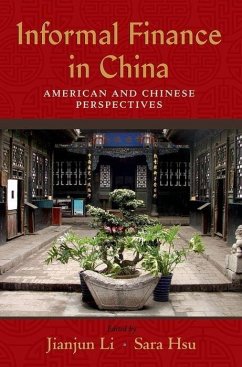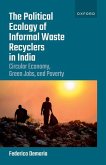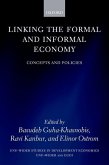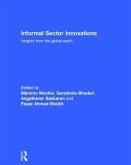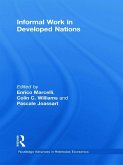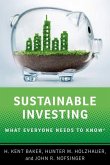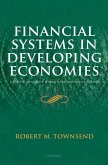Informal finance consists of nonbank financing activities, whether conducted through family and friends, local money houses, or other types of financial associations. It has provided much-needed financing to small and medium enterprises (SMEs) in particular, in the face of a tightly constrained and overburdened formal banking system. Unable to obtain a bank loan, firms have relied upon individuals and informal organizations outside of the banking system to obtain financing for their ventures or working capital (operating funds). Presently there is a scarcity of information on informal finance in China and it is expected to have a significant impact upon GDP and money supply. This book, with contributions from leading scholars, describes the evolution, characteristics, and variation of informal finance in China from American and Chinese perspectives. Literature by Jiang Shuxia, Jiang Xuzhao, and Li Jianjun has heretofore been available only in Chinese, while work by Kellee Tsai, Jianwen Liao, Harold Welsch, David Pistrui, and Sara Hsu has been available in English. For the first time, they come together to discuss informal financing and its many aspects. Most of the essays are based upon original survey research conducted locally, as this type of data is not normally collected by the government. The papers pioneer the description and analysis of the nuances of informal finance from several perspectives; the authors look at the social, cultural, political, and economic causes of informal finance, its many variations, and its economic, personal, and political ramifications.
Informal Finance in China is a compilation of chapters written by leading scholars on informal, or non-bank, finance in China. Presently there is a scarcity of information on informal finance in China, and yet by heavily interacting with bank financing and production, informal finance is estimated to have a significant impact upon GDP and the money supply. With China's financial power increasing in influence in the world economy, there is a growing need to elaborate on the workings of funding sources.
Informal Finance in China is a compilation of chapters written by leading scholars on informal, or non-bank, finance in China. Presently there is a scarcity of information on informal finance in China, and yet by heavily interacting with bank financing and production, informal finance is estimated to have a significant impact upon GDP and the money supply. With China's financial power increasing in influence in the world economy, there is a growing need to elaborate on the workings of funding sources.

